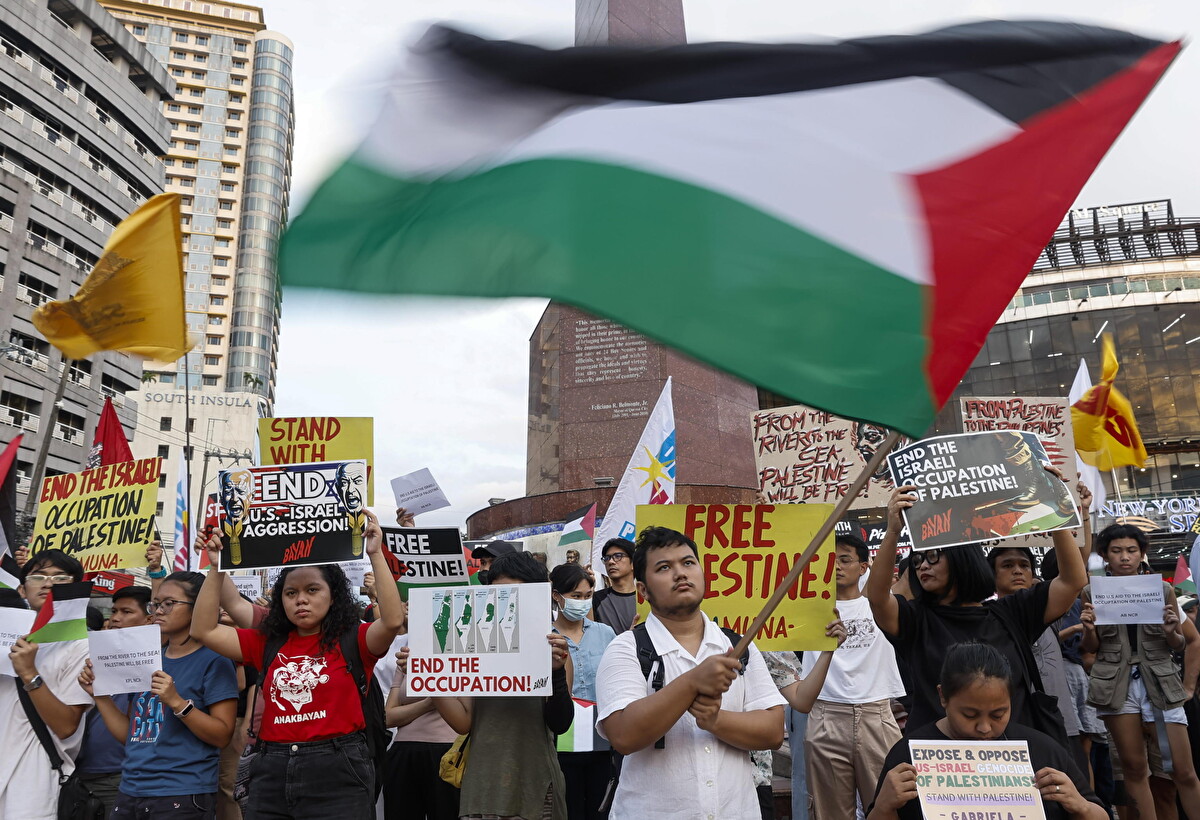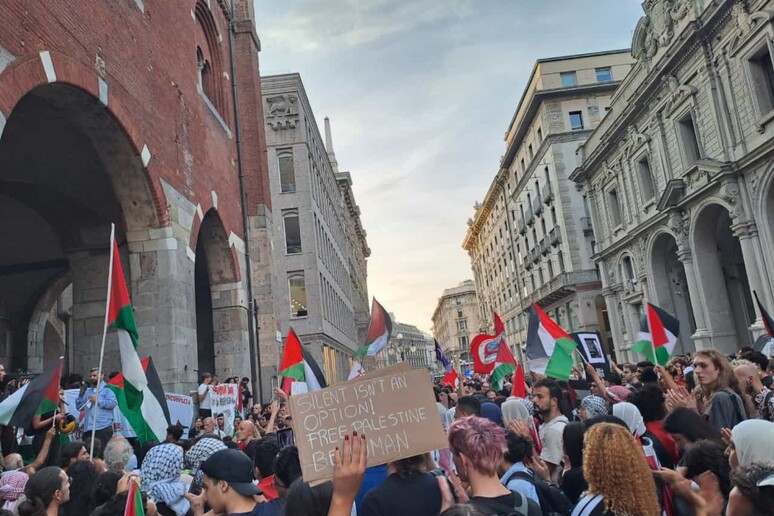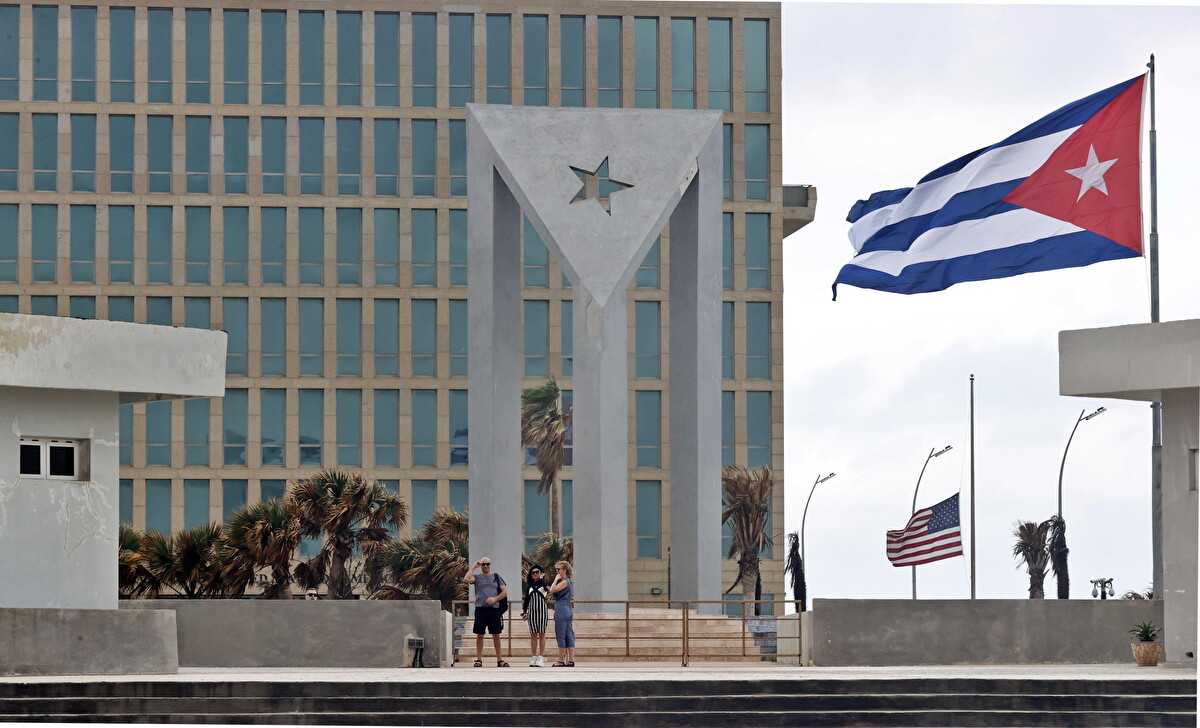When Israel was attacked by Hamas on October 7, it retaliated with a bombing blitz on Gaza. The two actions combined have killed thousands of civilians on both sides and threaten to ignite a conflagration of unprecedented magnitude in the Middle East. In the aftermath, President Biden has pledged wholehearted and sustained support of Israel, promising a virtually unlimited supply of military and humanitarian aid.
The world is watching and listening, and not everyone is happy with what is seen as Joe Biden’s bias towards Israel and insufficient aid for Palestine.
The violence has led to a burgeoning sympathy for the Palestinian people. Protests and demonstrations have broken out in major cities all over the world, demanding a cease-fire and the creation of a Palestinian State. As good will for Palestine grows, so does criticism of Israel and its long occupation of Gaza and the West Bank.
According to a CBS/YouGov poll released yesterday, over 55 percent of Americans disapprove of Biden’s handling of the conflict thus far (though 62 percent of Democrats say Biden is showing the right amount of support for Israel) and roughly 53 percent of Democrats believe the United States should not send additional weapons and supplies to Israeli.
If these numbers are accurate — and the data suggest that they are—then it seems that these latest events have led to a significant shift in public opinion in favor of Palestine.

People and students take part in a rally against the occupation of Palestinian territories and the conflict between Israel and Hamas, in Rome, Italy, 13 October 2023.
ANSA/FABIO FRUSTACI
According to a CBS poll and a Quinnipiac survey released on October 17, those under the age of 50 are more likely to be critical of the president’s approach and of unconditional support for Israel. In the Quinnipiac survey 51 percent of voters aged eighteen to thirty-four say they oppose the United States “sending weapons and military equipment to Israel in response to the Hamas terrorist attack.”
Additionally, the CBS poll finds that 70 percent of Democrats and 57 percent of voters overall, including a perhaps surprising 41 percent of Republicans, believe the United States should directly ferry humanitarian aid into Gaza.
Time reported that more than 100 progressive groups signed onto a May 14 statement asking Biden to denounce “Israel’s use of disproportionate and deadly force against Palestinians in Gaza” and “condemn Israeli government plans to forcibly displace Palestinians in occupied East Jerusalem.”
What has led to the expanding support for the beleaguered Palestinians?
The clamorous terrorist attack by Hamas, though widely condemned as reprehensible, has raised awareness about the conditions the Palestinians in Gaza have been living through under Israeli occupation.
“Seeing the injustice of people being brutalized in Jerusalem, or homes being destroyed in Gaza on social media really helps people understand that, okay, maybe there is complex history behind this, but what I’m seeing is wrong, and we need to speak out against it,” says Kristian Davis Bailey, communications manager at Palestine Legal, which provides legal advice and support to pro-Palestinian activists in the U.S.
Bailey points out that, “Palestinians have been doing amazing grassroots organizing for many decades.”

Another factor that may be swaying public opinion in the US is the presence of a larger, louder, and more aggressive pro-Palestinian bloc on the left flank of Congress and the many stories about the brutal siege of Gaza seem to be having a decisive effect on ramping up the public support for Palestine and damping down a whole-hearted endorsement of Israel’s behavior.
Prominent figures like Alexandria Ocasio-Cortez, Cori Bush, Jamaal Bowman and Rashida Tlaib, the sole Palestinian in Congress, have called for a cease-fire. A new Data for Progress poll finds that “66% of likely voters agree that the U.S. should call for a ceasefire and de-escalation of violence in Gaza to prevent civilian deaths.” The lawmakers also launched an online campaign to seek support for their move, reminding the American public: “We’re witnessing an active genocide in Gaza. We need a ceasefire and a humanitarian corridor to allow in aid.”
Progressive and socialist groups have also been active. IfNotNow, an organization made up of Jewish anti-occupation and racial justice activists, staged a sit-in at the United States Capitol this week. The Democratic Socialists of America have made a remarkable 103,000 calls to members of Congress in the last five days, pressuring key officeholders to demand a cease-fire.

Figures in Biden’s own administration are clashing with his agenda. Last week Josh Paul, a State Department official, resigned, saying, “I believe to the core of my soul that the response Israel is taking, and with it the American support both for that response, and for the status quo of the occupation, will only lead to more and deeper suffering for both the Israeli and the Palestinian people.”
Yesterday, a letter signed by over four hundred Jewish and Muslim staffers on Capitol Hill was released calling for cease-fire. There is a much stronger and more organized resistance against a uniformly pro-Israel position than in previous decades.
Despite the dramatic shift in sentiment, there seems to be little change in policies or promises. And unlimited aid will still be sent to Israel.












